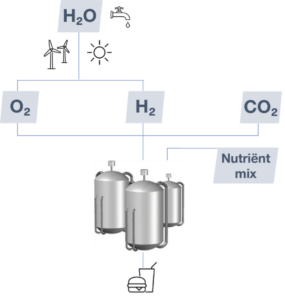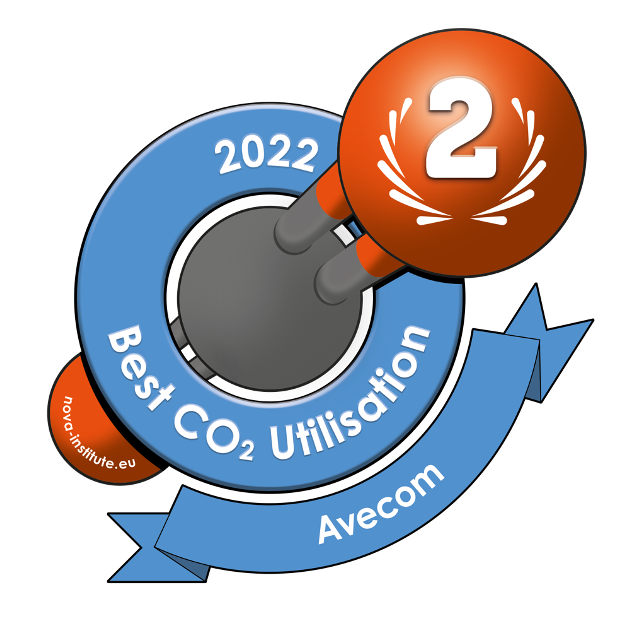Looking for ways to expand your business and stay eco-friendly? Want to meet the rising food demand innovatively?
Power To Protein, developed in collaboration with KWR and Dutch Allied Waters, offers advanced sustainable protein production methods. Our unique approach involves the biosynthesis of protein-rich ingredients, leveraging bacteria that utilize green hydrogen as an energy source.
Our patented gas fermentation process is a game-changer in the food production industry, producing high-value Single Cell Protein for human and animal nutrition. This breakthrough not only enhances your strategic advantage but also lessens environmental impact.
Discover how Power To Protein can propel your business towards meeting future demand while promoting sustainability. Explore our innovations and leverage them to boost your operations and environmental stewardship, minimizing your carbon footprint.
The need for sustainable and efficient energy sources is crucial in today’s world, considering the rapid global population growth, the impact of climate change on traditional agriculture and environmental concerns. Traditional methods of producing food and feed, particularly animal and plant proteins, have a substantial environmental footprint, consume significant water resources, and lead to considerable greenhouse gas emissions.
Enter Power To Protein, a gas fermentation platform aiming to leverage green hydrogen—an energy carrier produced from renewable sources like solar and wind power through electrolysis of water. The process employs this green hydrogen as an energy source for carefully selected bacteria, yielding a protein-rich biomass used in food and feed production, thereby consuming the greenhouse gas carbon dioxide (CO2).

Compared to traditional animal and plant proteins, our product offers:

